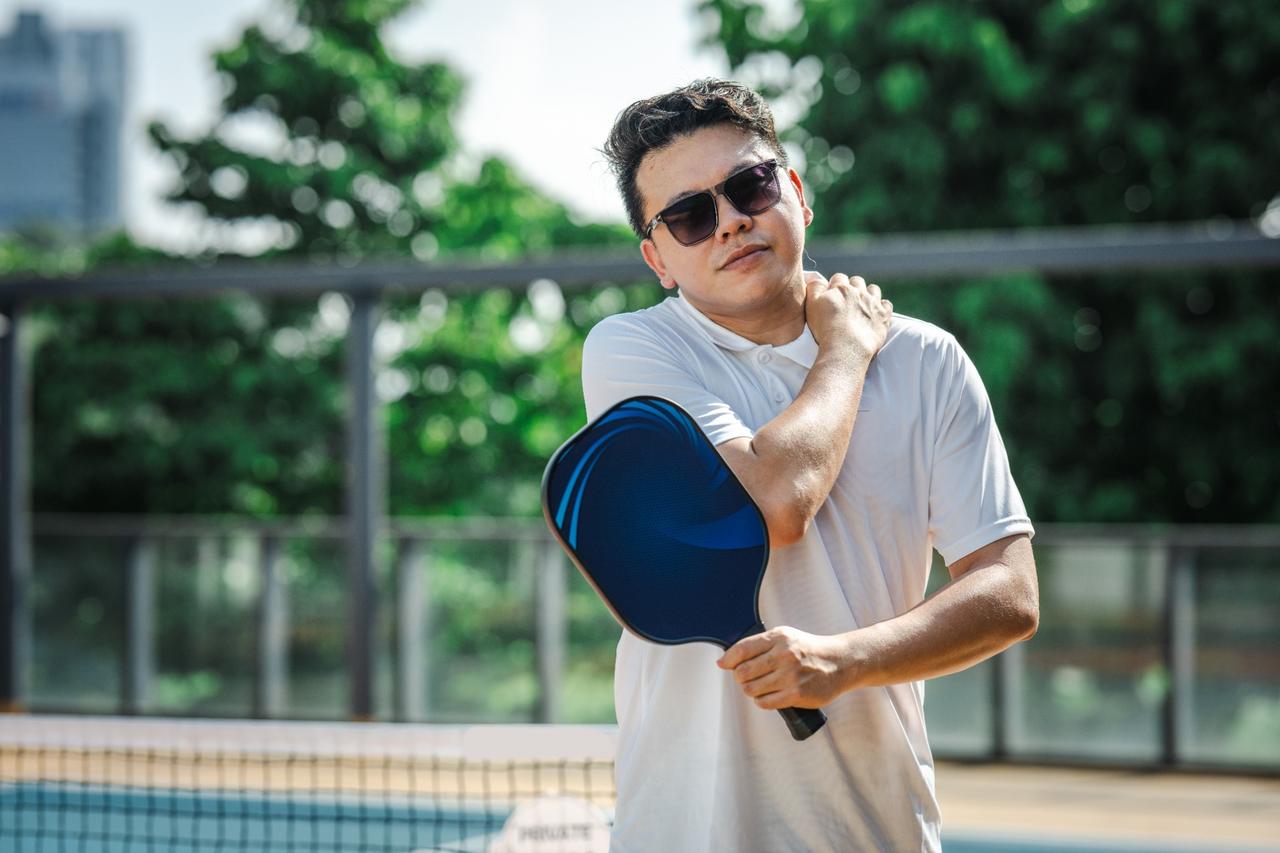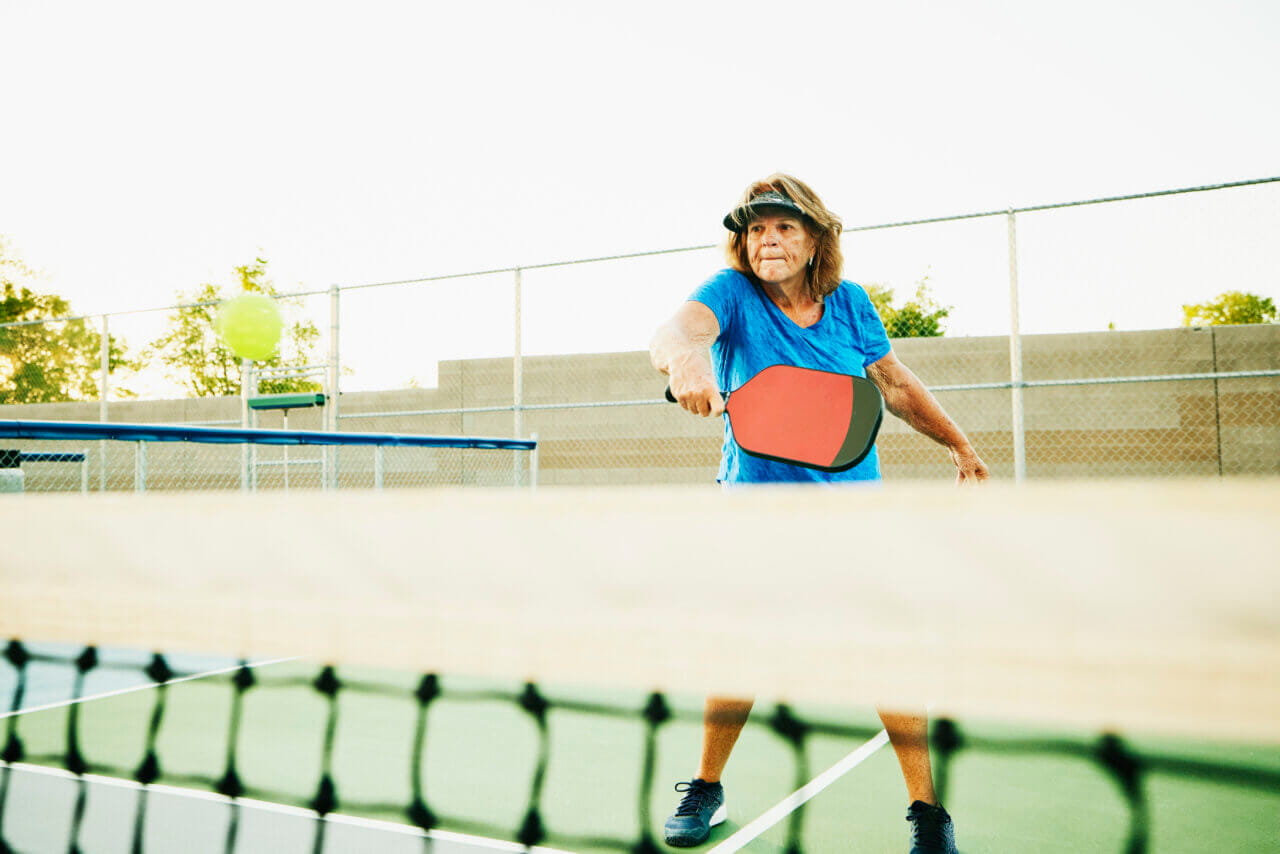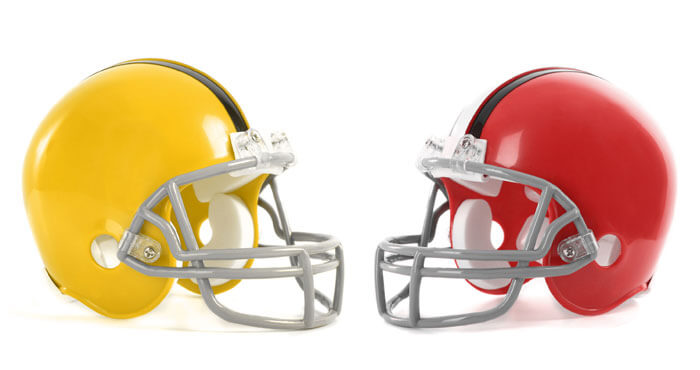When To See an Orthopedic Specialist for Pickleball Injuries

Pickleball is a fun, fast-paced sport enjoyed by millions around the U.S. and worldwide. It’s also a low-impact game that’s easier on the body than many other sports. Still, acute injuries (caused by a particular incident) and overuse issues (caused by repetitive stress or strain) can occur.
Some of these issues respond well to treatment at home. Others require medical attention. But how do you know when to contact your healthcare provider about a pickleball injury? This article answers that important question.
Understanding Orthopedic Injuries
Injuries to muscles, tendons, ligaments, cartilage and bones are called orthopedic injuries. Common orthopedic injuries from playing pickleball include:
They can affect many parts of the body, including the ankles, knees, wrists and shoulders.
What Is an Orthopedic Specialist?
An orthopedic specialist (sometimes called an orthopedist) is a medical doctor with specialized training in diagnosing and treating injuries and diseases affecting the musculoskeletal system. The treatments they prescribe can include medications, injections, physical therapy and surgery.
If needed, an orthopedic specialist’s expertise can be essential in helping you overcome pickleball injuries and get back on the court. Explore Orthopedic & Sports Medicine to see how our teams treat sports injuries.
Signs You Should See an Orthopedic Specialist
Players can typically treat minor pickleball injuries at home. Often, RICE (rest, ice, compression and elevation) can reduce swelling and pain, and then gentle stretching can restore lost flexibility or range of motion.
However, you should see an orthopedic specialist if you experience any of the following:
Severe Pain
Intense pain that significantly limits your ability to use the affected limb or doesn’t improve with rest and home treatment is a sign you should talk with an orthopedic specialist (or your primary care provider, who can refer you to one).
Excessive Swelling or Bruising
Minor injuries can cause the affected area to swell or bruise a little, but excessive amounts can indicate a fracture or tissue tear.
Significantly Reduced Range of Motion
Swelling from an injury can limit your ability to move the affected joint. However, if the restriction is significant, that’s something a healthcare professional should assess.
Joint Deformity
If an injured joint is visibly deformed or misshapen, that may be a sign of a significant injury.
Joint Instability
An injured joint that “gives out” or feels unstable can be a sign of dislocation or ligament damage.
Audible Noise As the Injury Happens
Hearing a distinct popping or snapping noise as an injury occurs can be a sign of a torn tendon or ligament.
Numbness, Tingling or Weakness
These symptoms can be a sign that the injury has affected nerves.
Pickleball-Related Orthopedic Injury? We Can Help.
Playing pickleball is a great way to stay in shape and enjoy some time with your fellow picklers. Don’t let orthopedic injuries keep you sidelined.
If you have pain or decreased range of motion that doesn’t resolve with home care, take our Orthopedic Health Risk Assessment and talk with your healthcare provider. They can do a physical exam, order imaging and refer you to an orthopedic specialist if appropriate.
Don’t have a Baptist Health provider? You can find one in our online provider directory.
Next Steps and Helpful Resources
Learn About Orthopedic Care at Baptist Health
Preventing and Treating Pickleball-Related Knee Pain
Top Orthopedic Concerns for Pickleball Players and How to Treat Them
How Pickleball Helps Improve Balance in Seniors


